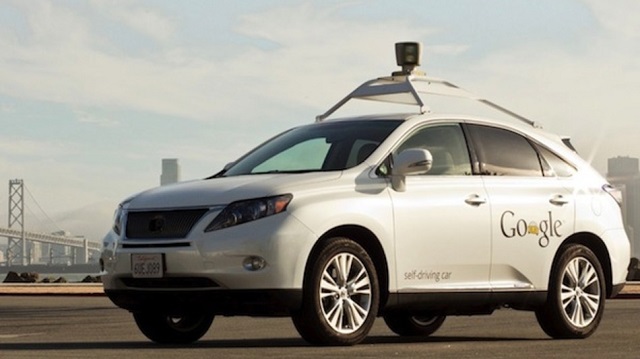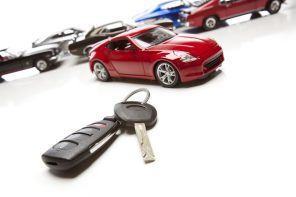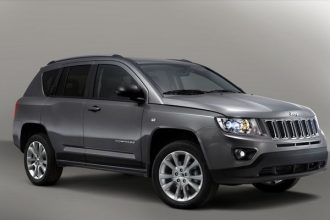The driverless vehicles represent the future of the automotive industry and will reduce road accidents, said this Tuesday Ray Kurzweil, an official of Google, expert in artificial intelligence. “The technology works. It’s not that far,” he told the annual conference of the American Society of automotive engineers in Detroit (Michigan, northern USA). However, will car insurance be relevant after this change?
Kurzweil, who joined Google in 2012, said he could not say exactly when it will be common to see driverless cars on the roads. “Google has asked me to convey to you that we do not know the answer… The technology will not be presented until it’s ready,” he said.
Google is currently working on a vehicle of this kind to be called “Google Car”. “The Google Car has already traveled around a million miles (1.6 million kilometers) without incident,” he said. “One day, an autonomous vehicle will cause an accident and that will make the headlines,” he said, but noted that “while we are talking about it, several people are being killed in car accidents.” Driverless cars save millions of lives, said the Google engineer while remembering that 1.2 million people die each year in road accidents.
“They will allow more effective use of most roads and also parking spaces. There are many advantages,” said Ray Kurzweil. He insisted that the cars will not hit the market until they are fully secure. Besides Google, other carmakers are working on autonomous vehicles: Ford, Mercedes-Benz, Volkswagen and Nissan already have study centers to develop them.
The engineer presented a future where taxi services deploy autonomous vehicles, stressing that the automotive industry had been so far apart from the technological revolution. Kurzweil said the success of a product is essentially based on a match between prices and available technology. Regarding the electric battery, another component of autonomous cars, he said “we will use batteries with greater autonomy when we get to a later stage of development of nanotechnology in which the matter can be handled at the level of atoms, ie, in 10 or 15 years.”
Kurzweil also noted that other technologies develop faster than expected, such as solar, which he said is in parity with fossil fuels in some regions today. At the end of all this a big question arises though. How will driverless cars affect the car insurance industry? There will certainly be new laws regarding this matter but from what we’ve seen so far, the insurance does not seem to fear this change, as most insurance companies are already taking measures to ensure their importance and relevance even after this great revolution of the car industry.





